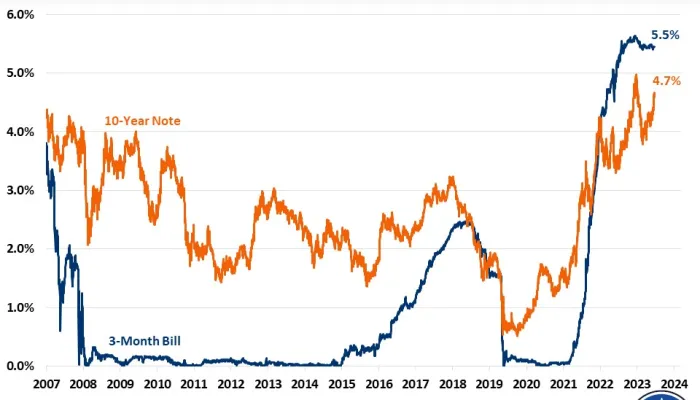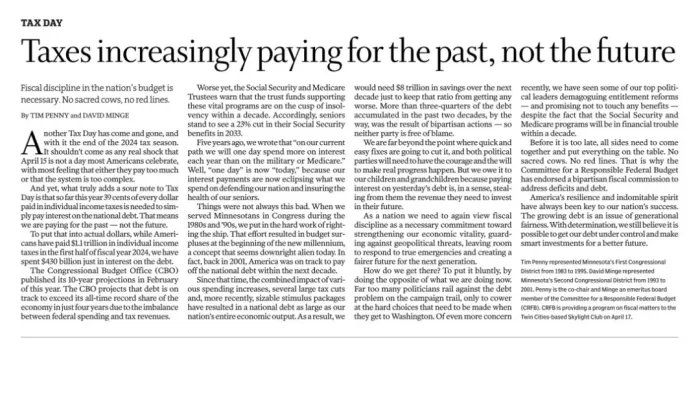Rudolph Penner: Washington’s New Definition Of Budget Success
Dr. Rudolph Penner was the director of the Congressional Budget Office from 1983 to 1987, and he is an Institute Fellow at the Urban Institute and a member of the Committee for a Responsible Federal Budget. He wrote a post that appeared in the Tax Policy Center blog, TaxVox. It is reposted below.
The country is now living under a stopgap spending measure called a continuing resolution. Roughly speaking, it continues the 2016 level and pattern of appropriated spending into fiscal year 2017.
The temporary resolution expires on April 28 and if at least 60 senators won’t vote to extend it, a significant portion of the government will close. If Republicans remain united – and that may be an impossible dream given the divisions that doomed their effort to reform the Affordable Care Act – they will require the cooperation of at least 8 Democratic senators to avoid a partial government shutdown.
President Trump wants Congress to include money for his proposed Mexican border wall and more defense spending in the new continuing resolution but that will be a non-starter. Instead, Congress could try to pass one bill to continue funding for most agencies and two separate bills, one to boost military spending and another to begin to pay for Trump’s wall.
However, this approach has its own challenges. It seems implausible that Trump could find 60 senators to vote to appropriate money for the wall. In addition, raising military spending comes with its own fiscal risks. While a number of Democrats might support increased defense spending, their price may be a comparable hike in nondefense funding. That would be vehemently opposed by conservative Republicans who would refuse to vote for the necessary appropriations. In that event, much more Democratic support would be needed to keep the government open. It is not clear that those votes would be available.
Republicans are discussing a more modest proposal that is promising. They might offer a simple extension of the continuing resolution through September 30 (the end of the fiscal year), with no mention of the wall or defense increases. Such an approach would probably win considerable Democratic support. According to this plan, Congress would consider new money for defense and the wall at a later date--once again postponing key pieces of Trump’s agenda.
Of course, accidents can happen. Conservative Republicans, who never accepted the 2017 spending increases negotiated last year by President Obama and former Speaker John Boehner, might vote against any plan to extend them for the rest of the fiscal year. Congressional Democrats may still be in the mood to oppose all things Republican and might not provide the expected support. And then there is the old issue of appropriating funds to support Planned Parenthood, which could be highly disruptive.
But let’s assume that things go smoothly in April: The government remains open; and we live happily ever after-- or at least until the debt limit debate later this year. The reality is that congressional budgeting is still totally dysfunctional. Lawmakers failed to find an acceptable reform of the Affordable Care Act. Neither Trump nor many members of Congress are willing to tackle Social Security and Medicare, the main drivers of ever-increasing deficits. Congress cannot even pass the twelve annual appropriation bills that would more effectively adjust the pattern of spending to changing national needs.
We are in trouble when we have to define keeping the government open as a major success.
"My Views" are works published by members of the Committee for a Responsible Federal Budget, but they do not necessarily reflect the views of all members of the Committee.


